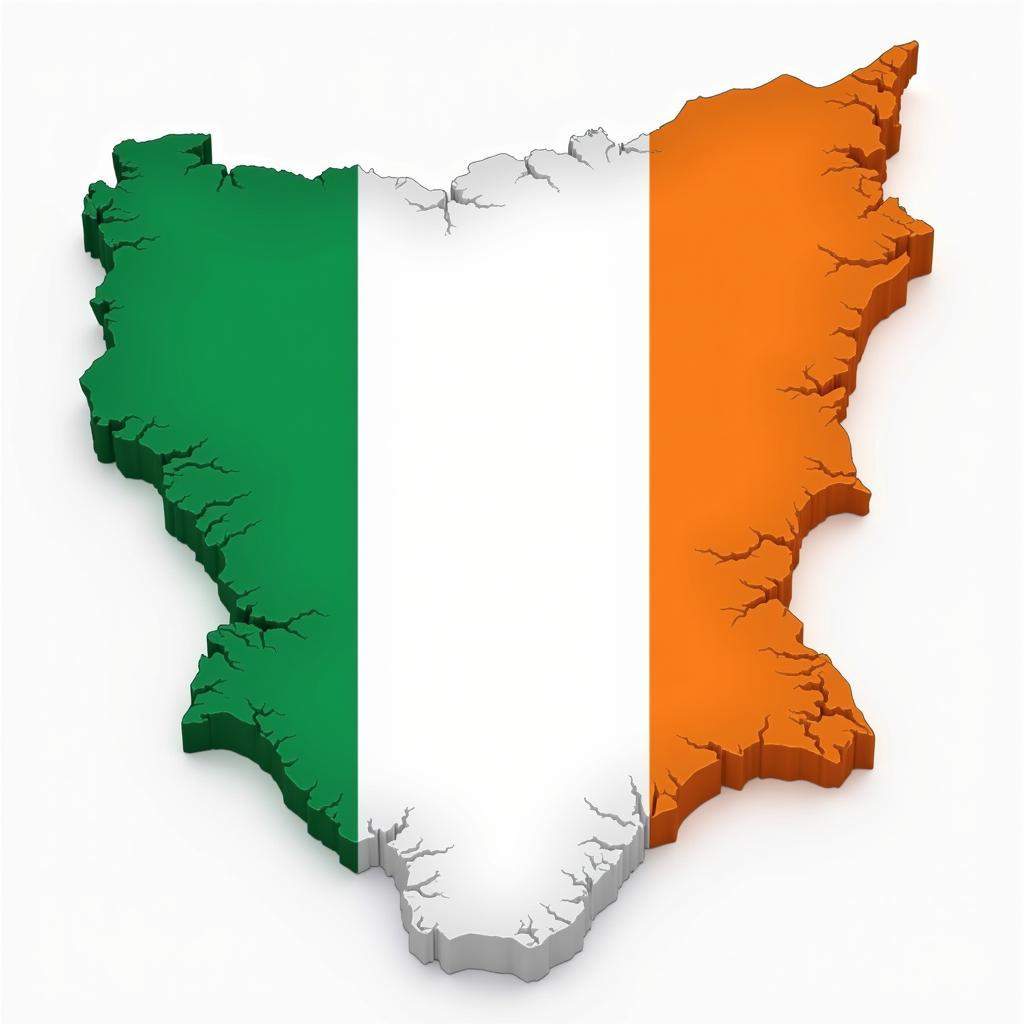African Countries Where Spanish Is Spoken
Spanish is a language spoken by millions of people around the world, and its influence extends to several African countries. While many associate Spanish with Latin America, its presence in Africa is a fascinating testament to historical ties and cultural exchanges.
This article explores the African Countries Where Spanish Is Spoken, delving into the reasons behind its presence and its impact on local cultures.
The Legacy of Spanish Colonization
The primary reason for Spanish being spoken in some African countries is historical colonization. During the 15th and 16th centuries, Spain established colonies in various parts of the world, including parts of Africa.
The Spanish Empire’s Influence:
- Equatorial Guinea: Spanish colonization in Equatorial Guinea began in the late 15th century, with the island of Bioko becoming a major trading center. It remained under Spanish rule until 1968, leaving a significant imprint on the country’s language and culture.
- Western Sahara: Though currently under Moroccan administration, Western Sahara was a Spanish colony from 1884 to 1975. During this time, Spanish became the official language, and its influence persists in the region despite political complexities.
- Morocco: While Spanish is not an official language, its presence in Morocco is linked to its history as a Spanish protectorate between 1912 and 1956.
Spanish in Modern Africa
While Spanish is not the dominant language in these countries, it still holds significance in various aspects of life.
Presence of Spanish in Daily Life:
- Education: Spanish is taught in schools in Equatorial Guinea, Western Sahara, and to a lesser extent, Morocco.
- Government: In Equatorial Guinea, Spanish is one of the official languages and used in government documents and proceedings.
- Media: Some television and radio broadcasts in Equatorial Guinea and Western Sahara are in Spanish.
- Business: Spanish can be useful in business dealings, particularly in trade and tourism sectors.
“Spanish serves as a valuable bridge for communication and cultural exchange, opening doors to wider opportunities and connections.” – Dr. Fatima Sidi, Linguist and Cultural Historian
Importance of Spanish in Africa
The presence of Spanish in Africa highlights the lasting legacy of colonialism, showcasing how language can be a powerful tool for preserving cultural heritage.
Furthermore, Spanish offers advantages for individuals and countries in Africa.
Benefits of Spanish Proficiency:
- Enhanced Communication: Spanish opens up communication channels with a vast network of Spanish speakers globally.
- Educational Opportunities: Knowing Spanish grants access to educational resources, research, and scholarship available in the Spanish-speaking world.
- Economic Advantages: Proficiency in Spanish can boost career prospects in fields like tourism, international business, and diplomacy.
“Learning Spanish not only enriches personal growth but also empowers individuals to embrace global connections and opportunities.” – Professor Omar Bakary, Sociologist and Author
Conclusion
Spanish, though not widely spoken in Africa, plays a notable role in the lives of many individuals and communities. From its historical roots to its contemporary impact, Spanish continues to shape cultural landscapes in several African nations. As Africa continues to globalize, understanding Spanish can become increasingly relevant for its economic and social progress.
FAQ
- Is Spanish spoken in all of Africa? No, Spanish is primarily spoken in the countries mentioned in this article, which were formerly Spanish colonies.
- Is Spanish more common in Equatorial Guinea or Western Sahara? Spanish is more common in Equatorial Guinea, where it is an official language.
- Why is Spanish important for Africans? Spanish can enhance communication, provide educational opportunities, and boost career prospects.
- Can I learn Spanish in Africa? Yes, Spanish is taught in schools in some African countries. There are also language schools and online resources available.
- How can Spanish benefit the economy of African countries? Spanish can attract Spanish-speaking tourists, facilitate trade with Spanish-speaking nations, and increase international cooperation.
 Spanish-speaking-nations-in-Africa
Spanish-speaking-nations-in-Africa
 Spanish-language-schools-in-Africa
Spanish-language-schools-in-Africa
 Cultural-impact-of-spanish-in-africa
Cultural-impact-of-spanish-in-africa
Gợi ý các câu hỏi khác, bài viết khác có trong web:
- How Spanish influenced the culture of Equatorial Guinea.
- The history of Spanish colonization in Africa.
- The benefits of learning Spanish in Africa.
- The future of Spanish in Africa.
- Spanish-language schools in Africa.



